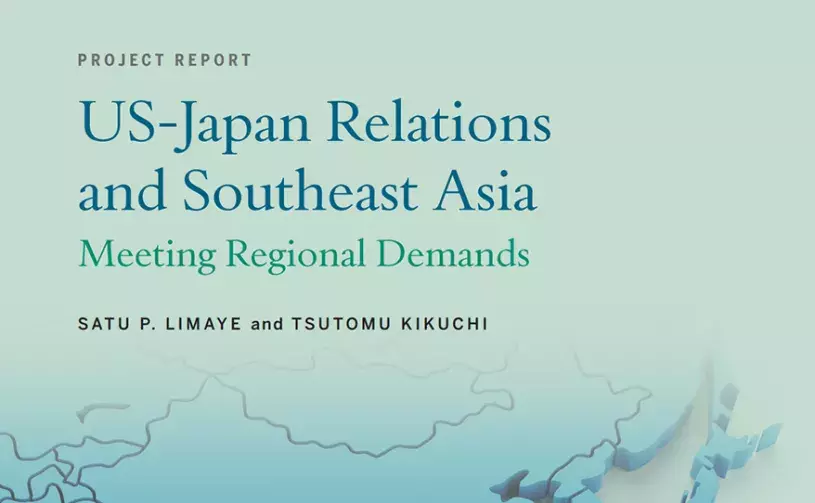Error message

Until recently, Southeast Asia had not been a region of sustained focus for the US-Japan relationship. But the situation is changing. The international relations of the Asia-Pacific is becoming more "multipolarized." This requires the US and Japan to think about the future of the region beyond the issue of US-China relations, which has preoccupied past discussions. A number of nations and institutions in the Asia-Pacific region will substantially affect the region's future. Southeast Asian nations and the Association of Southeast Asian Nations (ASEAN) are among them. A new era of more coordinated, sustained, and combined commercial and security involvement by the US and Japan in Southeast Asia may be at hand. In light of these changes, the East-West Center in Washington (EWCW), in collaboration with the Japan Institute of International Affairs (JIIA), and through the support of the Sasakawa Peace Foundation (SPF), initiated a dialogue with Southeast Asians about their perspectives on how the US-Japan relationship and alliance could or should approach cooperation with the region.
Until recently, Southeast Asia had not been a region of sustained focus for the US-Japan relationship. But the situation is changing. The international relations of the Asia-Pacific is becoming more "multipolarized." This requires the US and Japan to think about the future of the region beyond the issue of US-China relations, which has preoccupied past discussions. A number of nations and institutions in the Asia-Pacific region will substantially affect the region's future. Southeast Asian nations and the Association of Southeast Asian Nations (ASEAN) are among them. A new era of more coordinated, sustained, and combined commercial and security involvement by the US and Japan in Southeast Asia may be at hand. In light of these changes, the East-West Center in Washington (EWCW), in collaboration with the Japan Institute of International Affairs (JIIA), and through the support of the Sasakawa Peace Foundation (SPF), initiated a dialogue with Southeast Asians about their perspectives on how the US-Japan relationship and alliance could or should approach cooperation with the region.




